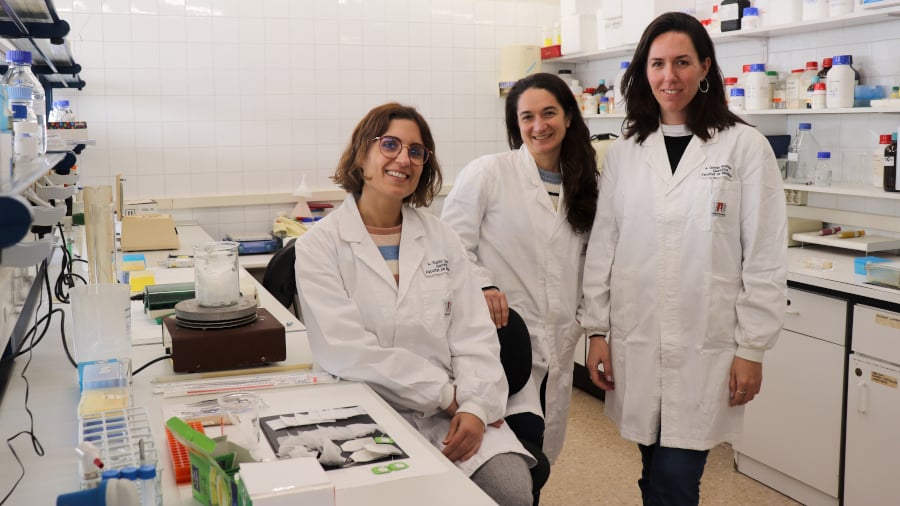Summary
A Universitat Autònoma de Barcelona study reveals that polymer-based tea bags release millions to billions of micro- and nanoplastics (MNPLs) into tea when brewed.
These particles, derived from materials like nylon-6 and polypropylene, can enter human intestinal cells, even reaching cell nuclei.
Using advanced techniques, researchers characterized the released particles and found mucus-producing intestinal cells absorbed them most readily.
The study highlights potential health risks from chronic exposure and calls for standardised testing and regulatory policies to address MNPL contamination in food packaging, a growing concern for food safety and public health.



For what it’s worth, it does say “polymer based tea bags”, so the way I’m interpreting that is that paper tea bags would at least be better
No doubt! The nylon bags are all around terrible. Just not safe with any off the shelf paper bag either (looking at you Tazo & Teavana…). If it’s compostable, should be okay.
I’ll never forgive Starbucks for what they did to Teavana!
That aside, I think anybody who ever tasted a triangle bag tea knows they’re bad for you. They taste awful! Like plastic! I’m shocked they’re still for sale.